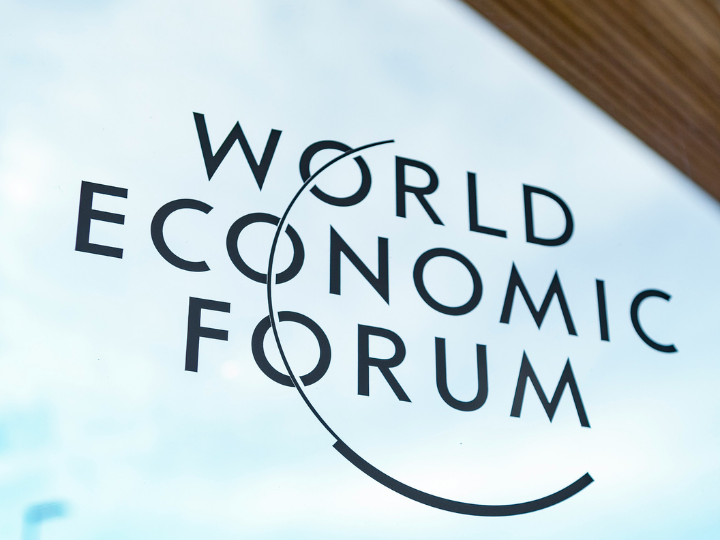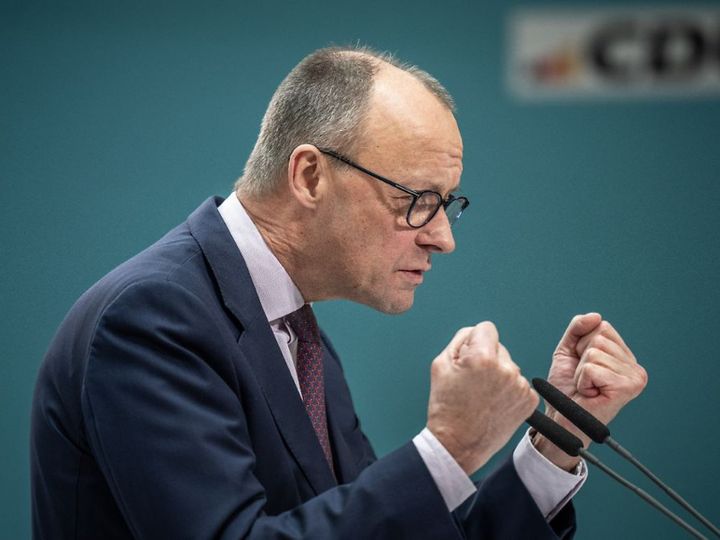by Barbara Machado
The World Economic Forum (WEF) is compensating political, business, academic, and celebrity elites who travel to next week’s Davos summit by low-emission rail, but delegates seem happier to stick with their private jets to go to Switzerland.
Transport is the main source of emissions from the WEF’s annual Davos summit, where leaders from different walks of life meet to discuss the most pressing global issues.
While delegates may be preoccupied with saving the world, climate change does not seem to weigh too heavily on their mind. NGO T&E say that a big share of Davos’ transport emissions come from private jets.
This year, despite WEF offering a 100% discount on rail fares for those coming to Davos from within Europe, jets seem likely to remain delegates’ preferred option, according to T&E. Just like in 2023, when there were 660 private jet flights.
In response to an enquiry from its ’Travel Smart’ campaign, only multinational firms Saint-Gobain and KPMG confirmed they would travel by commercial airline or train to reach Davos.
Commenting on the findings, the campaign head Denise Auclair told Euractiv that "once again, many of them [delegates] seem as keen as always to use a private jet to get there.” But "private jets can generate as many as 50 times the emissions of high-speed rail."
Instead, a delegate travelling from Berlin to the summit access point of Zurich could avoid 99% of emissions by taking the train rather than a private jet, according to a T&E analysis published today.
Or else, if a delegate from New York chose to take a commercial flight rather than a private jet, this would cut their emissions by 87%.
The WEF says that, during the snowy summit, Davos delegates will be "encouraged to walk" and provided with "winter shoe grips." But it may not be enough to offset their carbon footprint.
*first published in: Euractiv.com




 By: N. Peter Kramer
By: N. Peter Kramer
